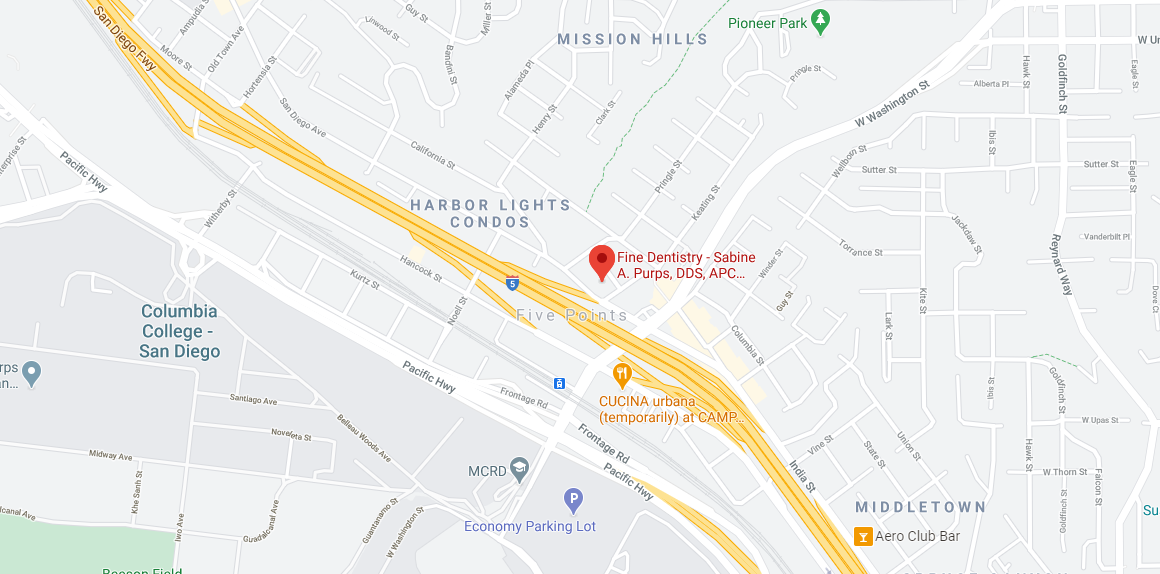Having your tooth become chipped or cracked can be a scary experience. There are several reasons for having chips or cracks in teeth. However, there is a difference between a chipped and cracked tooth. Let us first understand this difference before discussing the causes of this issue.
Chipped Tooth
You may not experience tooth pain if you have a chipped tooth unless the chip is significant enough to expose the nerves in the inner layer of the tooth. When the nerves inside a tooth are exposed, you may experience greater tooth sensitivity and discomfort when chewing or when it is exposed to extremely hot or cold food and beverages. A broken cusp is a chip on one of the back teeth’s sharp chewing surfaces. Even though this form of chipped tooth is rarely painful, it should be evaluated by a dentist. To restore the contour of the tooth and prevent further damage or decay, you may need a crown or a dental onlay.
Cracks in Teeth
A cracked tooth might harm just the enamel or the entire tooth all the way down to the root. When chewing or as the temperature in your mouth changes while consuming something hot or cold, you may only sense pain from a broken tooth. However, it is critical to contact a dentist as soon as you see a cracked tooth so that it can be inspected and fixed.
Possible Causes of Chips or Cracks in Teeth
Here is why you may have developed chipped or cracked teeth:
- Bruxism is the medical term teeth grinding, which can significantly damage teeth. The condition can develop into more serious problems like a tooth fracture. Grinding your teeth regularly erodes the enamel and chewing surfaces, making them more prone to chipping when pressure is applied. Chipped teeth are, in fact, one of the signs of bruxism. The problem with teeth grinding is that most people are completely unaware of their habits. It usually happens while you are sleeping, so unless you share a room with someone, you are unaware of the problem
- Chewing on hard objects or foods is the worst thing you can do to your teeth. Our teeth are meant for chewing soft meals; and not on fingernails, ice, or jawbreakers. Make a concerted effort to quit doing any of these behaviours. Failure to do so will eventually result in damage such as tooth fractures or cracks
- If you do not receive enough of the vital minerals your teeth require, such as calcium and fluoride, you won’t have a healthy set of teeth. These minerals strengthen and preserve your teeth from tooth decay caused by bacteria breaking down food particles in your mouth. Lack of essential nutrients can lead to problems like decay, no matter how carefully you take care of your teeth. Because decayed teeth have less stability, they are more prone to chipping and cracking
At Fine Dentistry’s dental office in San Diego, we offer quality and affordable treatment for chips and cracks. To learn more or book an appointment, please call or visit us.

